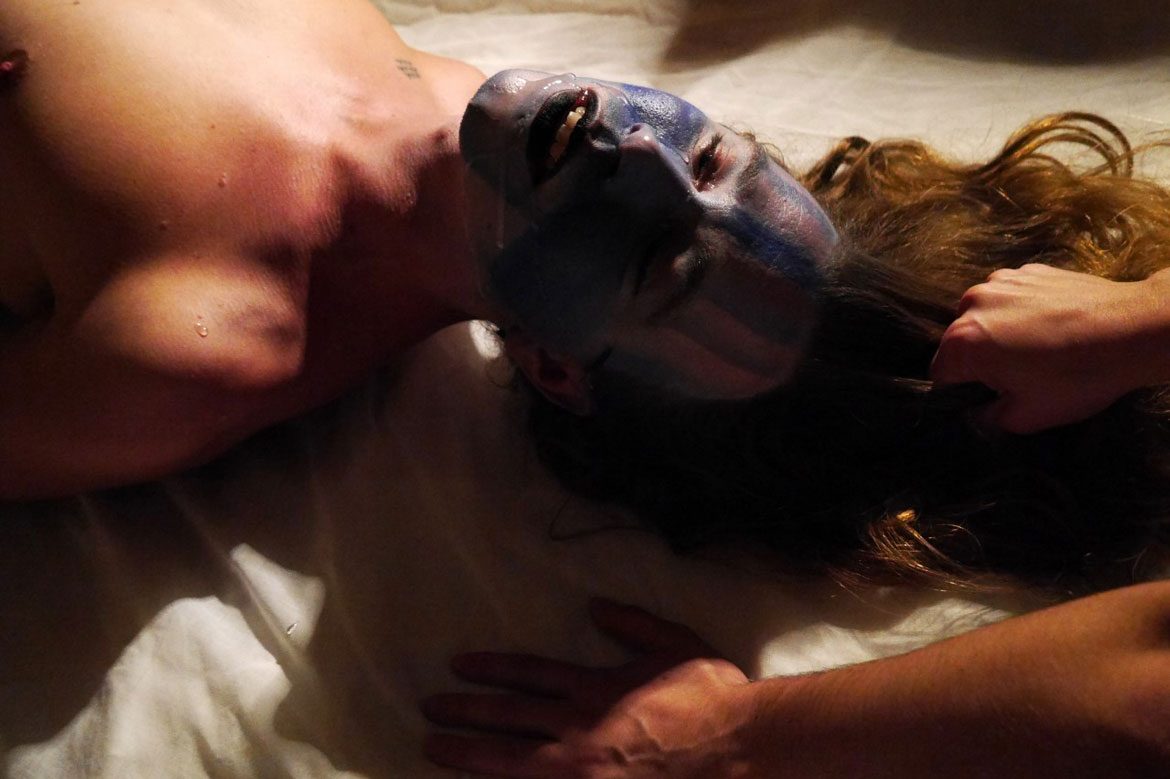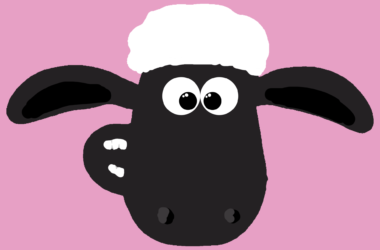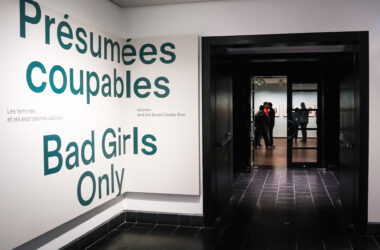From Jan. 24 to 26, the Montréal, arts interculturels (MAI) staged Wàsakozi, an opera written and composed by Mich Cota. Cota is an Algonquin-mixed, Two-Spirit artist based in Montreal, and the debut of Wàsakozi was a milestone: It was the first recorded opera performed in Algonquin.
‘Wàsakozi’ means ‘reflection of light’ in Algonquin, and the opera told the story of an agender spirit named Odjìshìngwe, born from the confluence of light and darkness. Through interpretive dance to an ambient score rising into gorgeous melodies, Odjìshìngwe learns to walk, befriends a trickster spirit, and engages in a love affair with a metaphorical white colonizer, portrayed by a white dancer. Wàsakozi is a tale of life cycles, growth, and the contradictions and triumphs which emerge from indigenous identity.
The McGill Tribune sat down with Cota, who also plays Odjìshìngwe, a week after the final performance, to discuss the work and Cota’s own artistic identity.
Growing up in a mixed indigenous community in rural Ontario, Cota occupied herself by playing piano and singing. In fact, much of the music for Wàsakozi originated from her childhood.
“When I was about eight years old, I made the first melody for Odjìshìngwe’s song,” Cota said.
Two decades later, what had once been a simple song living inside Cota’s head grew into a collaborative project with actors, dancers, stage and costume designers, and even a string quartet. Of course, these collaborators imprinted their own magic on the performance.
“I can hear the music now and I see their movement so vividly,” Cota said.
Cota gave special praise to two of her castmates, in particular, KiKi Harper and Nimikii Couchie, the two other indigenous women in the cast.
“I hadn’t met them before but I’m so glad that now we know each other,” Cota said. “They just made it next level.”
Neither woman, nor Cota herself, had prior formal training in dance. Yet, dance is the driving visual force of Wàsakozi, from the birth dance of Odjìshìngwe to the allegorical dance of desire and death between Odjìshìngwe and a white colonist. One of the most moving moments in the work occurs as Odjìshìngwe, newly born, stumbles poetically across the stage and slowly learns to walk. Cota pulled the movement off with expert finesse.
“As a child, I did some dancing in powwows, but I’m not a dancer in any kind of trained sense.” Cota said. “I just do movement.”
Music, on the other hand, is Cota’s specialty. Aside from writing the score for Wàsakozi, she released an album titled Kijà / Care last year. Cota has always had a special relationship with music; as a child, it opened up imaginative worlds, and allowed her to express a feminine side initially silenced by her society.
“One of the secrets that one of my elders told me was about Two-Spirit people,” Cota said. “That they exist, and that I’m one of them.”
For Cota, the link between indigeneity and Two-Spirit identity has always been clear, and in the character of Odjìshìngwe, she brings these identities into a creative dialogue, showing how all identities are born from powerful, sometimes conflicting inner forces.
It might seem strange that, of all possible genres to express her self-discovery, Cota chose the dusty, aristocratic form of opera. Yet, Cota has been enamored with the possibilities of opera since childhood when her parents saw Phantom of the Opera and brought back the tape.
Cota enjoyed, too, the fact that she was able to put a twist on the classical, typically European form by staging the opera in Algonquin, the indigenous language she heard growing up in her community.
“It had to be in Algonquin because I had heard too many operas that were not in Algonquin,” Cota said.









